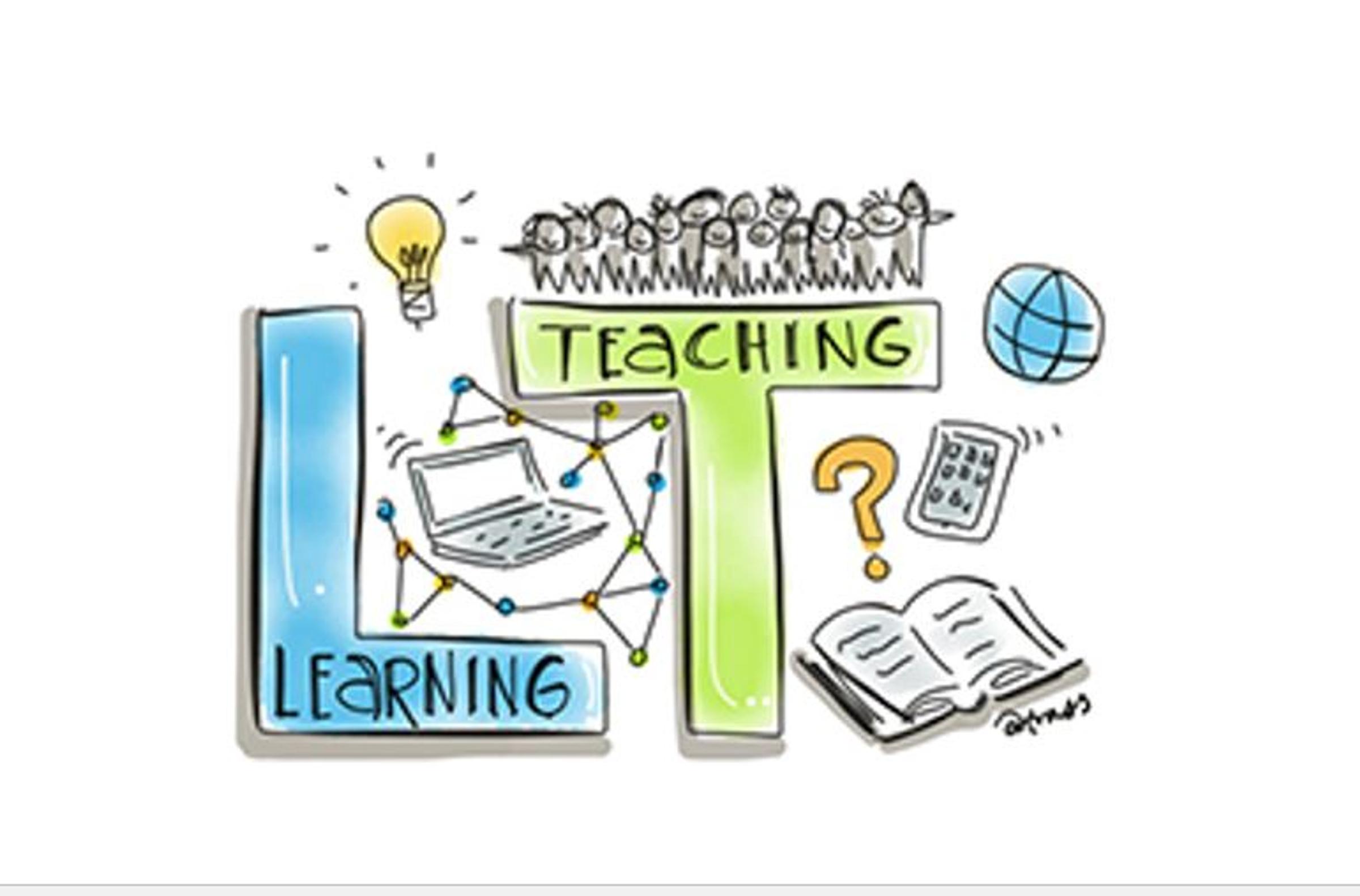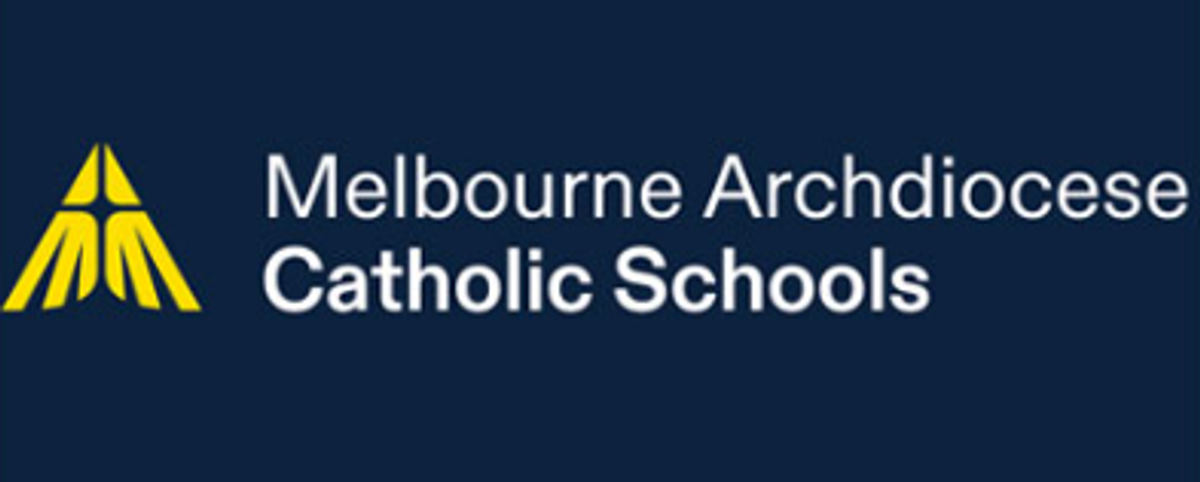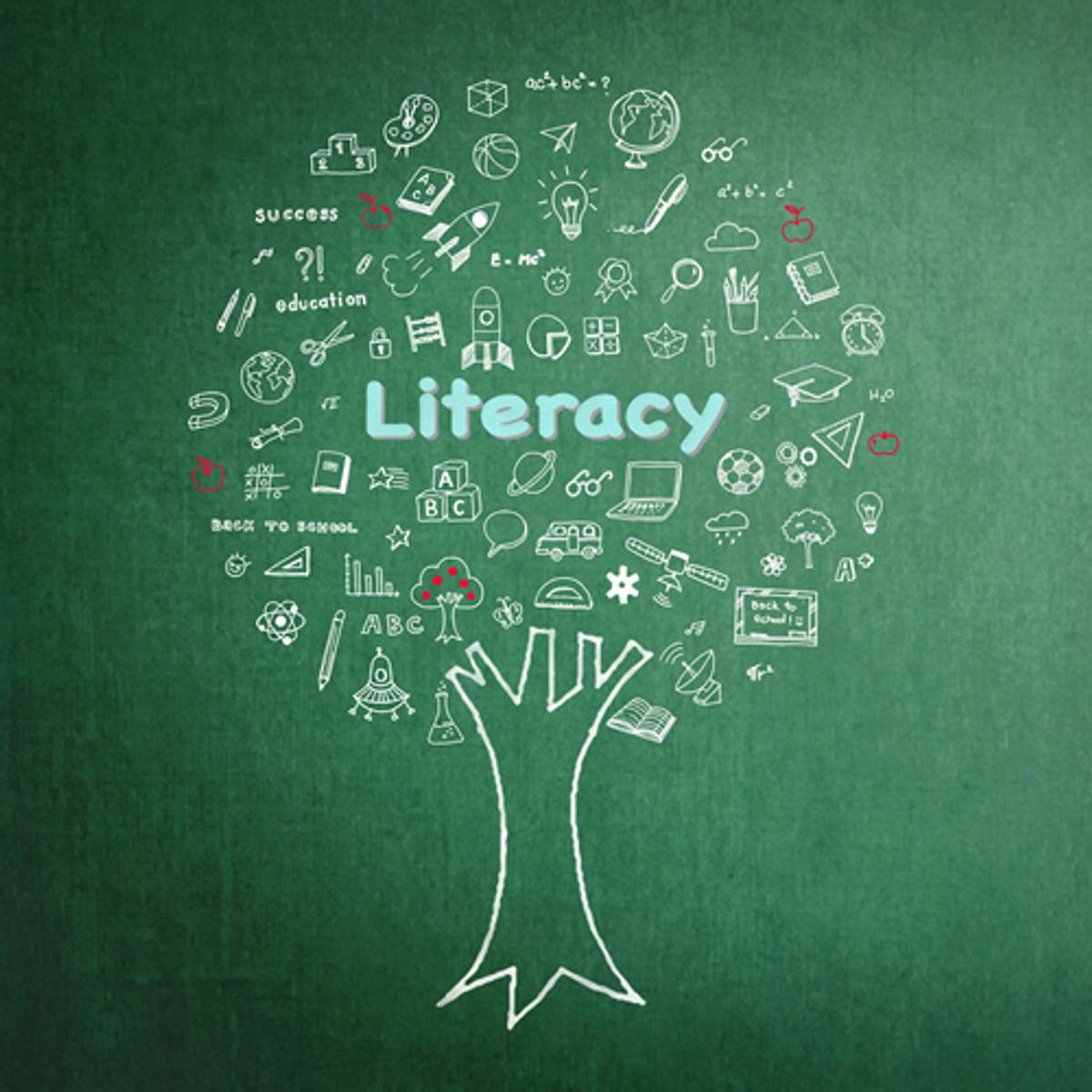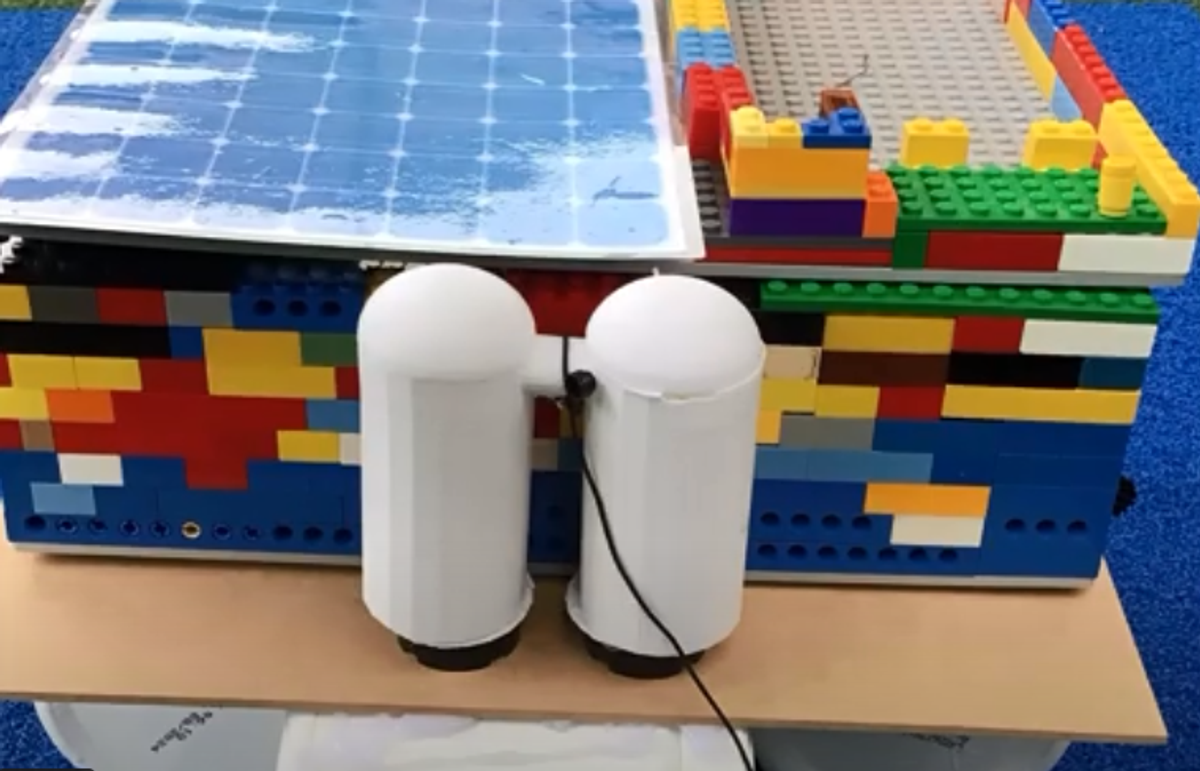Learning & Teaching
Learning and Teaching encompasses the following areas: Student Outcomes, Curriculum, Assessment, Reporting, Principles and Pedagogy.

Learning & Teaching
Learning and Teaching encompasses the following areas: Student Outcomes, Curriculum, Assessment, Reporting, Principles and Pedagogy.


Throughout each year, we pause to listen to our students, families and staff to gauge how our learning community is travelling. This feedback is invaluable to our progress as effective school communities and is backed by evidence-based research and best practices.
A significant and formal way in which we engage and gather data is through MACSSIS, the Melbourne Archdiocese Catholic Schools – School Improvement Surveys.
MACSSIS is a set of surveys that have been built specifically for Catholic schools in Melbourne by the Learning Services team at MACS, in partnership with researchers at Learning First and in wide consultation with principals in our schools.
In 2024, students, families and staff are invited to participate in MACSSIS via our secure and purpose-built online platform. The online platform is where our school leaders will access the summary reports that visualise the results of the student, family and staff surveys.
The MACSSIS survey platform is operated by an independent supplier, ORIMA Research Pty Ltd. The platform meets with the high security and privacy standards for handling student and school data. Participating schools are in the process of updating their privacy policy to ensure school communities are fully informed and protected.
Students at our school will be provided with supervised sessions, where teachers are on hand to help and answer any questions.
Families and staff can complete the survey anytime over the three-week window via an emailed link and password. Feedback has indicated that previous surveys were completed across a range of mobile devices and different web browsers.
Next week, families will receive an email invitation with a code and PIN, ensuring a smooth and secure participation process.
Our community’s opinions are critical to understanding how our school is performing – MACSSIS is a key data source for guiding the ongoing work to improve our school.
All participation is invited, welcomed and 100 per cent voluntary. The surveys are not a test; they are an inclusive way to support the work we are already doing to improve our school. Everyone has the right to refuse to participate, or withdraw from the survey at any point before, during or after completion of the survey. Please notify the school if your child does not wish to participate.
https://youtu.be/c_7YWPMG2sI - Video Invitation from Melbourne Archdiocese Catholic Schools (MACS).
If you would like more information, please contact the school.
Yours sincerely,
Vira Pirrotta


English spelling is tricky and often quite challenging. It can take a lifetime to learn. Over the next couple of weeks I will share background information, how to help with spelling and tips to support with learning spelling words at home.
What is spelling?
Spelling, also referred to as encoding, is reciprocal to decoding. Spelling turns speech into writing. In order to spell, we must first hear the individual sounds in a word, and then write the letter(s) that represent the sounds. When reading, we go from print to speech.
Spelling requires students to draw on a range of knowledge about the English language. This knowledge includes:
One of the key goals of teaching spelling is to support students to develop the knowledge required as well as flexible and efficient strategies that they can draw upon when learning to spell unfamiliar words. While most students will develop some strategies for themselves, these are often not sufficient to meet all their spelling needs.
Some of these other strategies might include: “look, say, cover, write, check’, spelling by analogy or using mnemonics and other resources such as dictionaries and spell checkers.
The ability to spell does not develop naturally. Like reading and writing, it needs to be taught explicitly. Teachers model and demonstrate ways to work out how to spell words, how to use various resources to help with spelling, and how to proofread or check spelling including how to problem solve the spelling of familiar and unfamiliar words.
Learning to spell takes time. Students need to learn about the possible letter combinations in English and the relationship between letters and sounds.
There are five stages of spelling development:
This term, the Year 1/2 students have learnt about split digraph - a-e, e-e, i-e, o-e, u-e and trigraphs - air, tch, igh, dge, ear. The Year 3/4 students have been focusing on the following digraphs - ci/si/er/or/wr/tt.
Next week - Helping your child to spell when writing
Bernadette Parnis
bparnis@sfmoreland.catholic.edu.au
Exciting Middle Maths Games Day - Tuesday, 17th September
We are thrilled to announce that Tuesday, 17th September, will be a day full of mathematical fun and challenges for our students! Our Middle Maths Games Day is designed to engage students with a variety of maths-related activities that are both enjoyable and educational.
Throughout the day, students will participate in a range of challenges that incorporate different aspects of mathematics. These activities will include:
The aim of the day is to make maths fun and to allow students to see the subject in a different light—one that’s active, collaborative, and exciting! We hope this event will inspire a love for mathematics and show students that maths can be both challenging and enjoyable.
Please encourage your child to participate fully and to approach each challenge with enthusiasm. It’s going to be a fantastic day filled with learning, laughter, and lots of maths!
If you are free at any stage of the day and happy to help us, please contact your child’s teacher or myself. cmonaghan@sfmoreland.catholic.edu.au
Morning maths support has started with the Foundation students as well as continuing with the junior students. If you are able to support us on one morning or more, for 15 minutes it would be greatly appreciated. We have some keen students who would really love to work with you.
Thank you for your continued support.
Colleen Monaghan
TESLAEYES


The TeslaEyeS is a groundbreaking prototype designed to enhance the safety and well-being of Tesla's autopilot users, significantly reducing accidents and fatalities on the road. Equipped with a sensor wiper to ensure clear and accurate sensor readings, TeslaEyeS maintains optimal functionality in all weather conditions. This innovative addition to Tesla's autopilot system promises to improve vehicle awareness and response times, providing a safer driving experience for all. https://youtu.be/EbmKYZm1fN8
HOMEFLOAT


The HomeFloat is a visionary prototype designed to provide sustainable and practical housing for the floating villages in Cambodia's Tonle Sap region. Specifically tailored to benefit the local fishing community, HomeFloat utilizes solar energy to power essential functions, offering an eco-friendly and cost-effective alternative to traditional wooden homes. This innovative design eliminates the labour-intensive maintenance required to prevent the wood from rotting, instead incorporating durable large plastic tubes for enhanced flotation and stability. The integrated water tanks use solar power to boil water efficiently, and adjustable pipes ensure a reliable water supply even during the dry season. Overall, HomeFloat simplifies daily life for residents, making it a more convenient and sustainable housing solution.